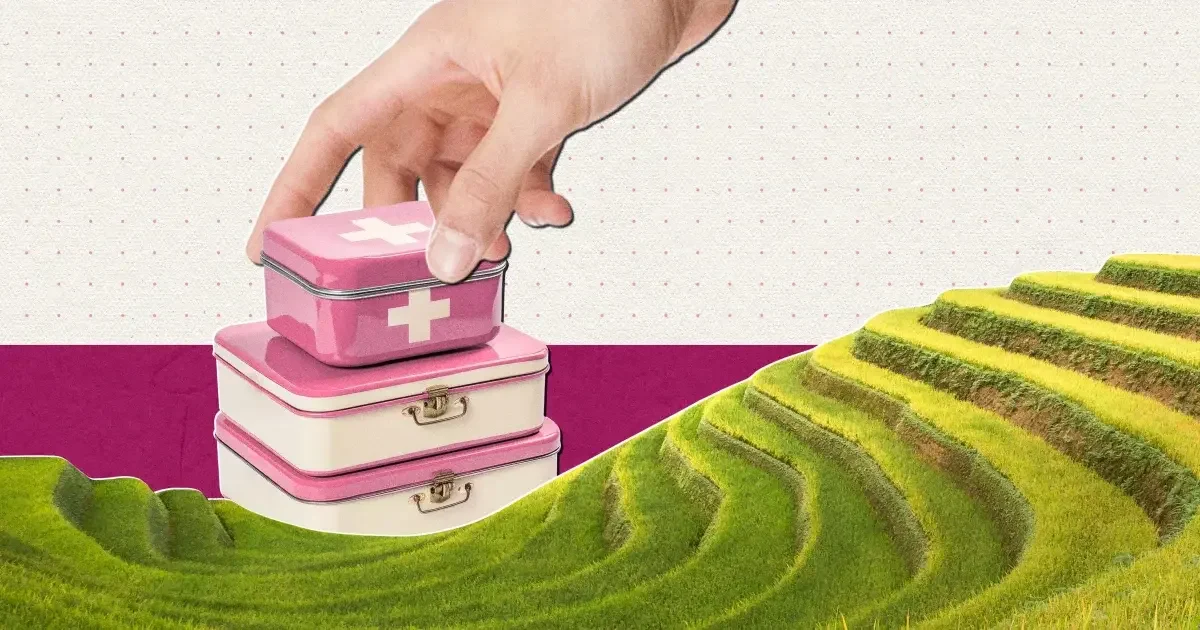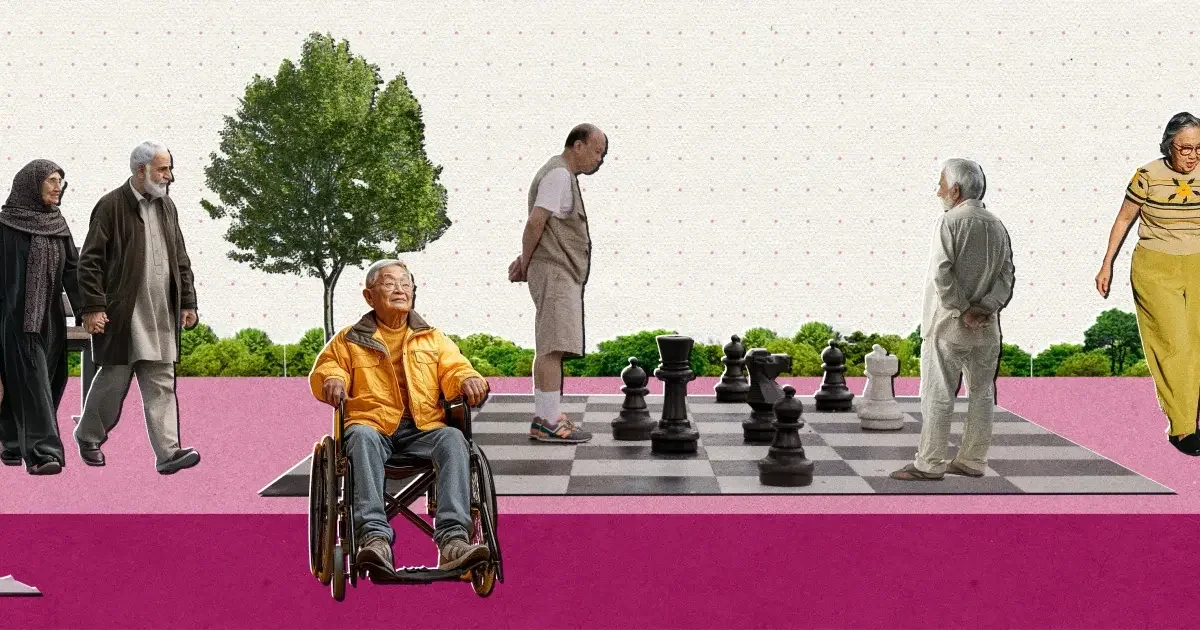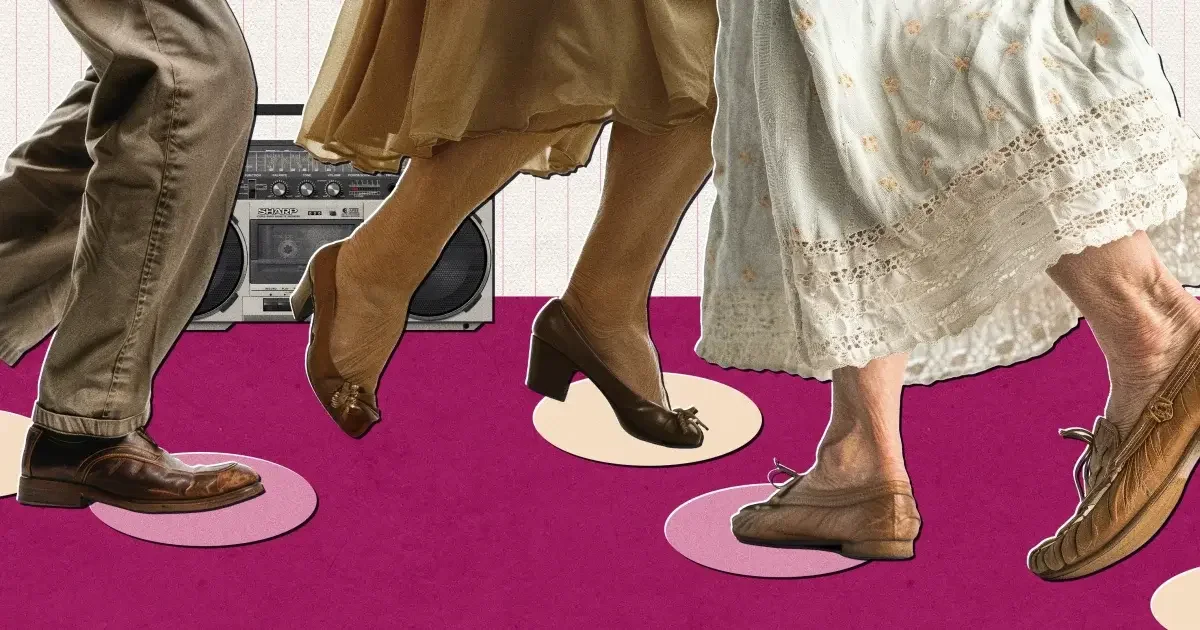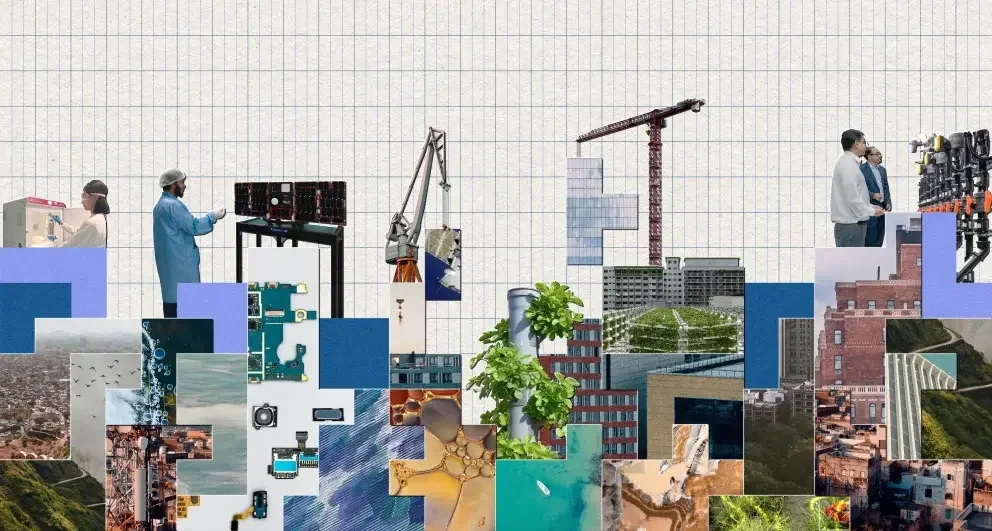

Shaping Future Society
A trusted voice
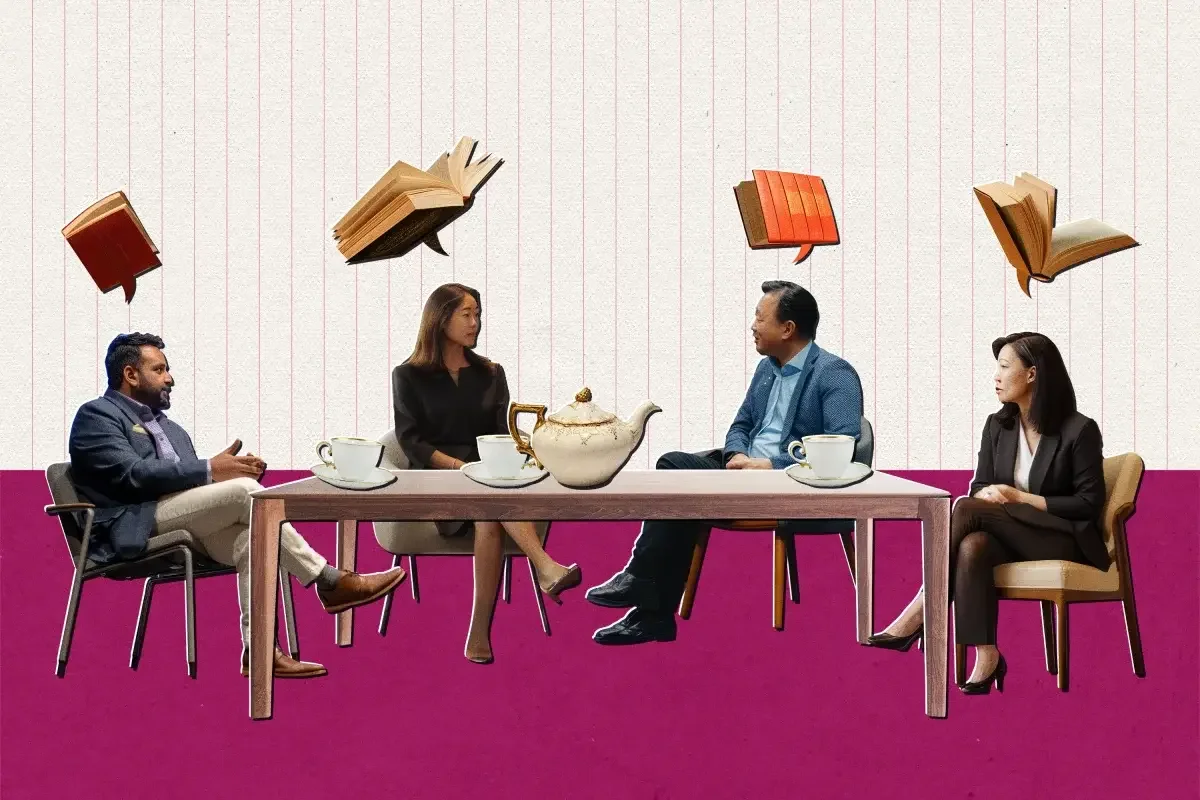
Our expertise is shared far and wide for the greater good.
At home, our public policy research has shaped outcomes in areas like education, social resilience, the labour market and financial literacy, among others, through increased collaboration with the state. Over the last five years, we embarked on 100 collaborative research projects with governmental organisations, more than double that of the previous five years.
Further afield, capacity building efforts range from shaping public policy education in Central Asia to setting up health offices in Laos and Cambodia in aid of local communities. A new Office for Global Health was set up in 2023, further boosting the range and volume of our activities in the field.
In other arenas of global concern, we convene, converse and advocate. This includes outreach and advocacy for climate action, informed by solid science-based perspectives. We also offer support tools and frameworks to policymakers in the here and now.
Research & publications
SHAPING PUBLIC POLICY
> 640
publications related to public policy research released.1

RESEARCH CITATIONS
> 13,000
citations related to public policy research received.2

GOVERNMENT COLLABORATIONS
100
collaborative research projects and studies with national government, more than double that of the previous five years.3

1
Calendar Year 2018–2022
2
Calendar Year 2018–2022
3
Calendar Year 2018–2022
OUR IMPACT, IN DEPTH
Serving the unreached in Cambodia
Where are the missing people afflicted with tuberculosis? This question reverberates in Cambodia, where the disease is rife. While the country has achieved great success in tuberculosis control in the past decade, many people with tuberculosis are missed by its health systems, and as a result, do not receive the care they need.
These people—for whom tuberculosis is not detected—are among the preoccupations of researchers from the NUS Saw Swee Hock School of Public Health, who work at NUS’ health office in Cambodia.
Set up in 2014, the unit, headed by Assistant Professor Yi Siyan, works with local and international partners to implement public health research, education and practice programmes in Cambodia and the region. One of their key projects centres on active case-finding strategies—an approach to finding tuberculosis cases proactively, instead of a passive approach where people with tuberculosis present themselves to a healthcare facility.
In randomised controlled trials throughout ten provinces in Cambodia, the team demonstrated the feasibility, effectiveness and cost-effectiveness of community-based active case-finding. For instance, the seed-and-recruit model—that mobilises community networks to find tuberculosis cases—was associated with early initiation of treatment, a greater likelihood of finding cases, and reduced risk of transmission within the community.
“The active case finding trial has provided valuable insights, offering a range of strategies and approaches not only for case identification but also the refinement of effective models,” said Dr Sok Heng Pheng, Deputy Director of Cambodia’s National Center for Tuberculosis and Leprosy Control, one of the partners in the effort.
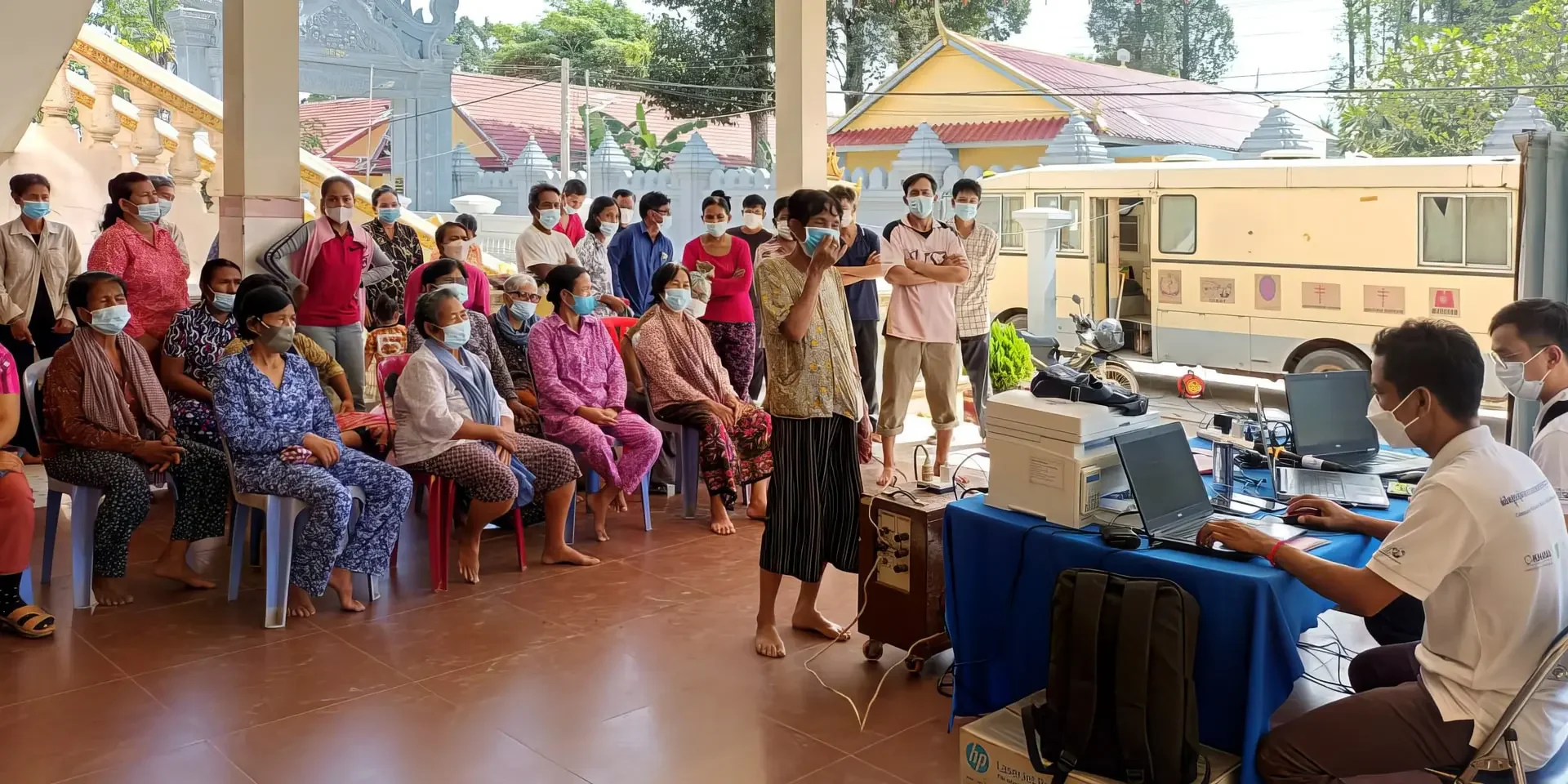
Beyond research, the NUS health office also actively engages the community by bringing screening to residents, and strengthening the capacity of local researchers and health workers.
From 2019 to 2022, they have proactively screened over 150,000 individuals, diagnosing and caring for more than 3,000 people with tuberculosis, and facilitating preventive treatment for over 3,000 others. Through training, they have also empowered 500 community health workers to deliver tuberculosis services in 16 provinces throughout the country, and to become advocates within their community.
This expansive work is only made possible, Asst Prof Yi shares, with the help of local government, civil society organisations, and the larger community. “Working closely with local partners at every stage of our research helps to foster ownership. It enables us to better translate research findings into policies and actionable steps, that can benefit those on the ground who need it the most,” he said.
“With this project, for instance, the key to our success was the active involvement of stakeholders at all levels, from the local to the national and international, throughout the entire research process,” he said.
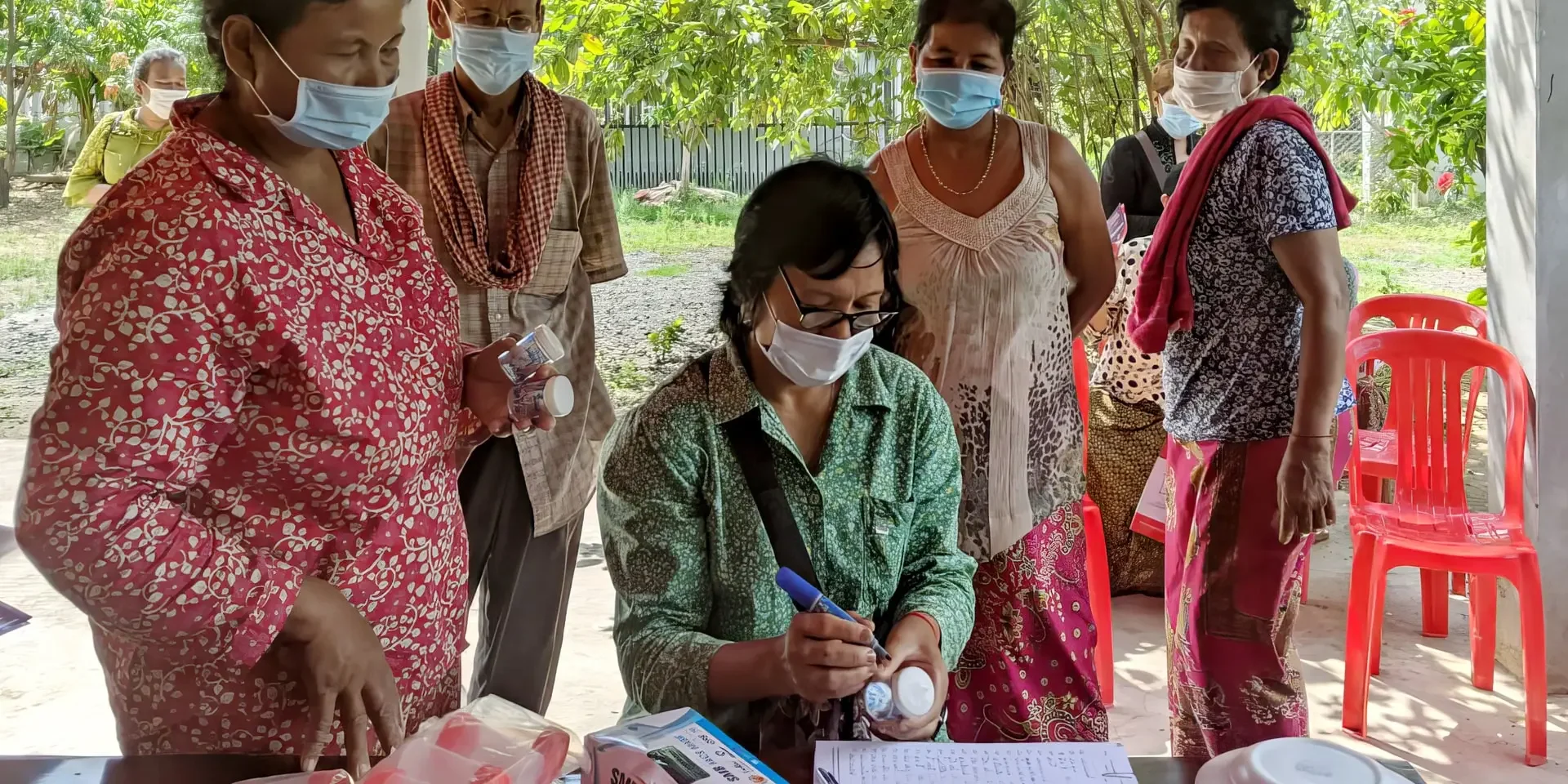
“The success of this project can be attributed to exceptional leadership, clear direction, and active community engagement, which enabled us to fully realise our objectives.”
—Sok Chamreun Choub
Executive Director, KHANA,
Key implementing partner
OUR IMPACT, IN DEPTH
Projecting the future, for a better future
By 2026, Singapore will become a super-aged society—more than a quarter of its population will be aged 65 and older—joining the likes of Japan and Germany, mirroring a global population trend that will see two billion seniors aged 60 and above by 2040.
As Singapore and the world grey at an unprecedented rate, disability and social isolation numbers are rising in tandem, bringing into sharp relief the inexorable demand for long-term care (LTC) services. Will Singapore be prepared to meet the needs of its ageing population—and how will it do so?
In 2020, Dr Reuben Ng (pictured below), an assistant professor at NUS’ Lee Kuan Yew School of Public Policy, and a team of researchers set out to project the profile of Singapore’s older adults 40 years into the future. The study was one of the first known to consider not just functional factors—such as disability—but social ones, in projecting a country’s LTC demand.
The study found, significantly, that disability prevalence is projected to increase five-fold in Singapore in the next 40 years, while the number of socially isolated seniors living alone will quadruple.
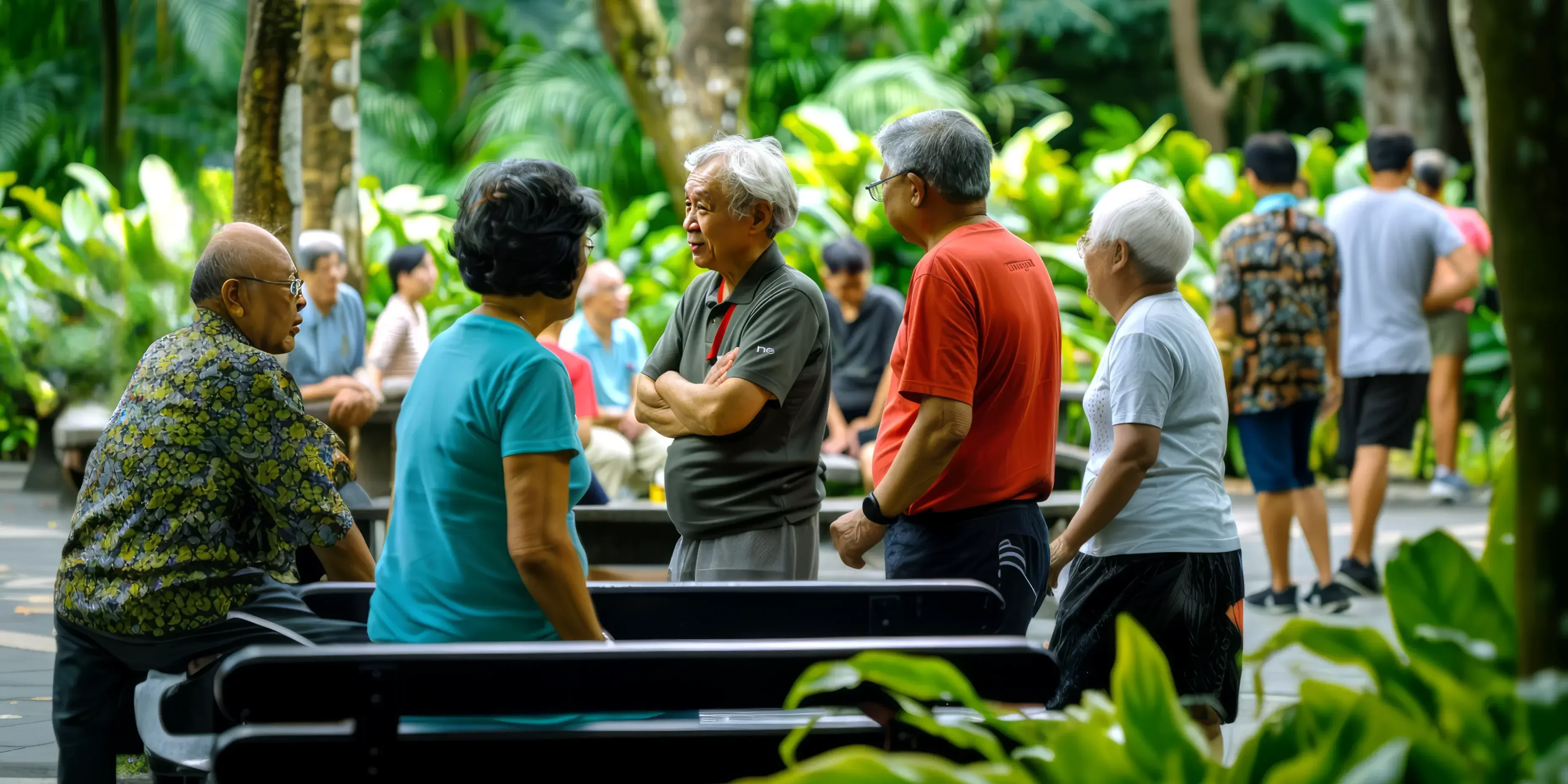
“These projections are crucial for estimating the demand for LTC services,” said Dr Ng. “This is vital for Singapore’s long-range policy planning.” Dr Ng cites national schemes such as HealthierSG and the 2023 Action Plan for Successful Ageing as platforms where the study’s findings came into use, informing and underscoring the need to focus not just on the healthcare demands of an ageing population, but on cultivating an age-inclusive society that bolsters integration.
Launched in 2023, HealthierSG emphasises preventive healthcare with the support of family clinics and community partners. The 2023 Action Plan for Successful Ageing works in concert to redefine ageing, empowering seniors to take charge of their health and stay connected to society. A collective effort between government, academia, businesses and community partners, the initiative includes promoting senior volunteerism and active ageing activities.
“Reframing ageing does not mean denying the challenges posed by an ageing population but rather adopting a more balanced perspective that embraces the unique needs and strengths of an older cohort,” said Dr Ng.
But policies are only as good as their application. With community partners often struggling to implement policies due to the complexities of caregiving, platforms for knowledge exchange and discussions are also vital in policymaking. In 2022, Dr Ng led a health innovation workshop organised by the Lloyd’s Register Foundation Institute for the Public Understanding of Risk at NUS, bringing together policymakers and community partners to explore the needs of seniors and their caregivers, and the gaps between policy and implementation.
“It’s not often that policymakers get to hear the issues faced by policy implementors, so the aim of this workshop was to bring them together to create stronger, more responsive policies for an aged society,” said Dr Ng.
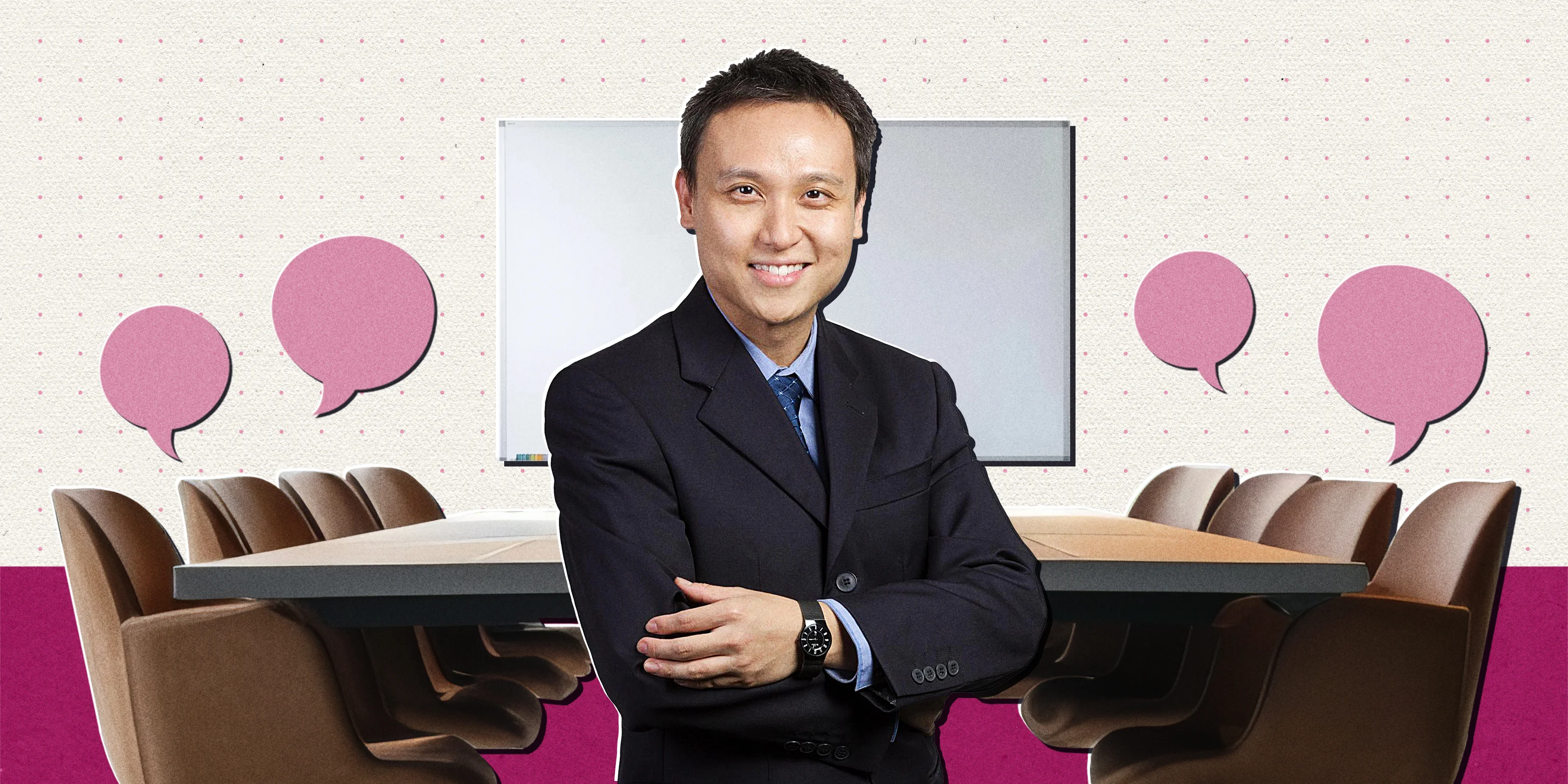
“I marvel at how academia can partner with government and community partners to produce insights that shape policy agenda. This is the future of translational research in the social sciences. The most important beneficiaries are Singapore and Singaporeans, and that makes me so proud.”
—Dr Reuben Ng
Assistant Professor, NUS Lee Kuan Yew School of Public Policy
A force for good
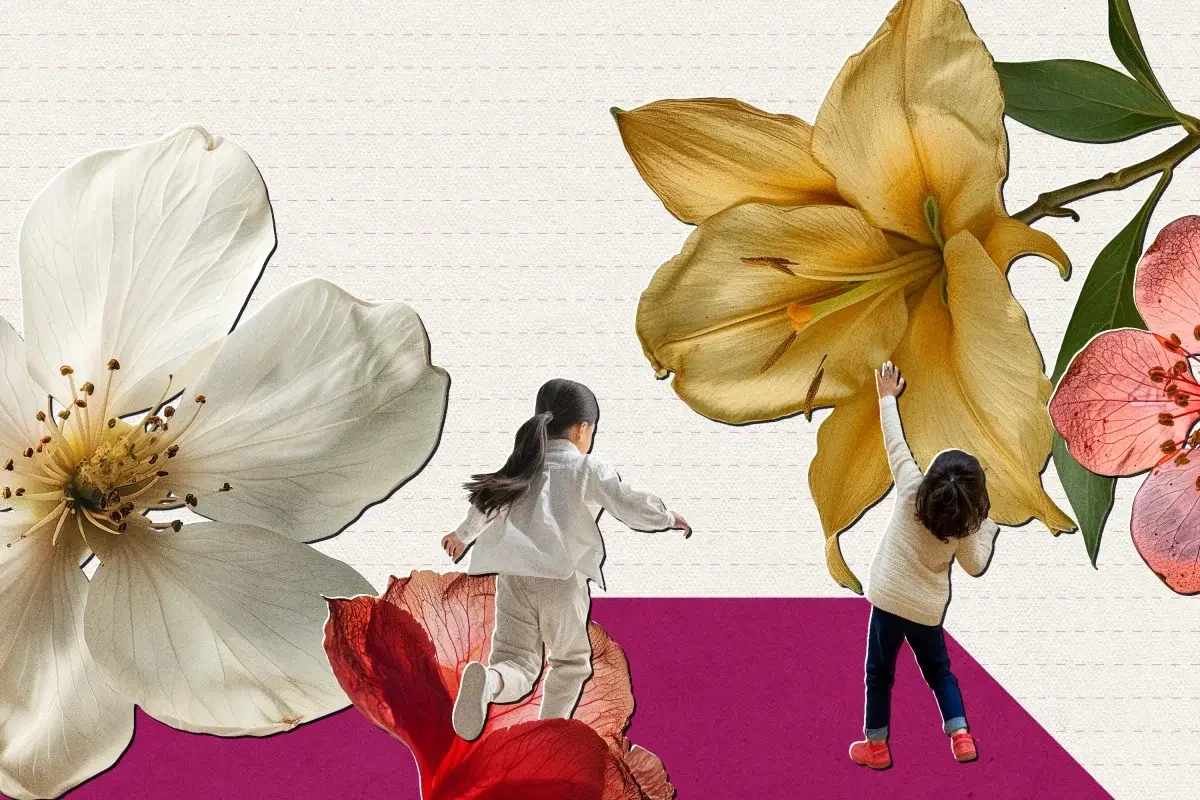
In seeking a kinder, more equitable society, we take the long view.
Individual acts of kindness matter as much as structural support and sustained programmes that build capacity for diverse groups across society.
Our financial aid scheme has evolved with time to not merely provide disadvantaged students with greater access to education, but also to a broader range of opportunities,including on-campus living and overseas exposure.
Through longstanding community projects, many student-led, we have woven a rich tapestry of relationships with local NGOs and beneficiaries, and built up a deep reserve of experience and resource. And pathways by which students, staff and alumni can engage with the wider society continue to proliferate. In 2021, a service learning component—where students work with community partners to address social issues—was integrated into the undergraduate curriculum, deepening our students’ social awareness and sense of responsibility towards society.
Boosting access
FINANCIAL SUPPORT
1 in 2
of our undergraduate students tap on various platforms to finance their education4, amounting to >S$787 million5, a 28% increase compared to the previous 5 years.

TARGETED ASSISTANCE
The yearly number of students who pay $0 in tuition fees has risen by
65 %
since 2018.6 On average, close to 3,000 undergraduates pay $0 in tuition fees every year.7

4
Annual average, Academic Year 2018–2022
5
Academic Year 2018–2022
6
Academic Year 2023
7
Annual average, Academic Year 2018–2022
OUR IMPACT, IN DEPTH
Financial support bolsters a lifelong dream
Jolene Gina Abelarde’s childhood ambition was to become a lawyer. However, her family’s financial situation meant that she had to bury this dream. Jolene (pictured below) went into a different field, but a brush with injury—and the legal issues that followed—reminded her of her long-buried childhood ambition, and of the immense value of a legal education.
Spurred on to give her dream another shot, she applied to NUS Law School and was surprised to receive, in addition to an offer an admission, scholarships and bursaries funding her tuition fees and schooling expenses.
The intellectual rigour of law school challenged and energised Jolene, but it was the connections she soon found with her peers and teachers that emboldened her to take on leadership roles that saw her advocating for improved student welfare. As Vice-President of the Law Club, she paved the way for greater inclusivity and support in various areas, from mental wellness to menstrual health and hygiene.
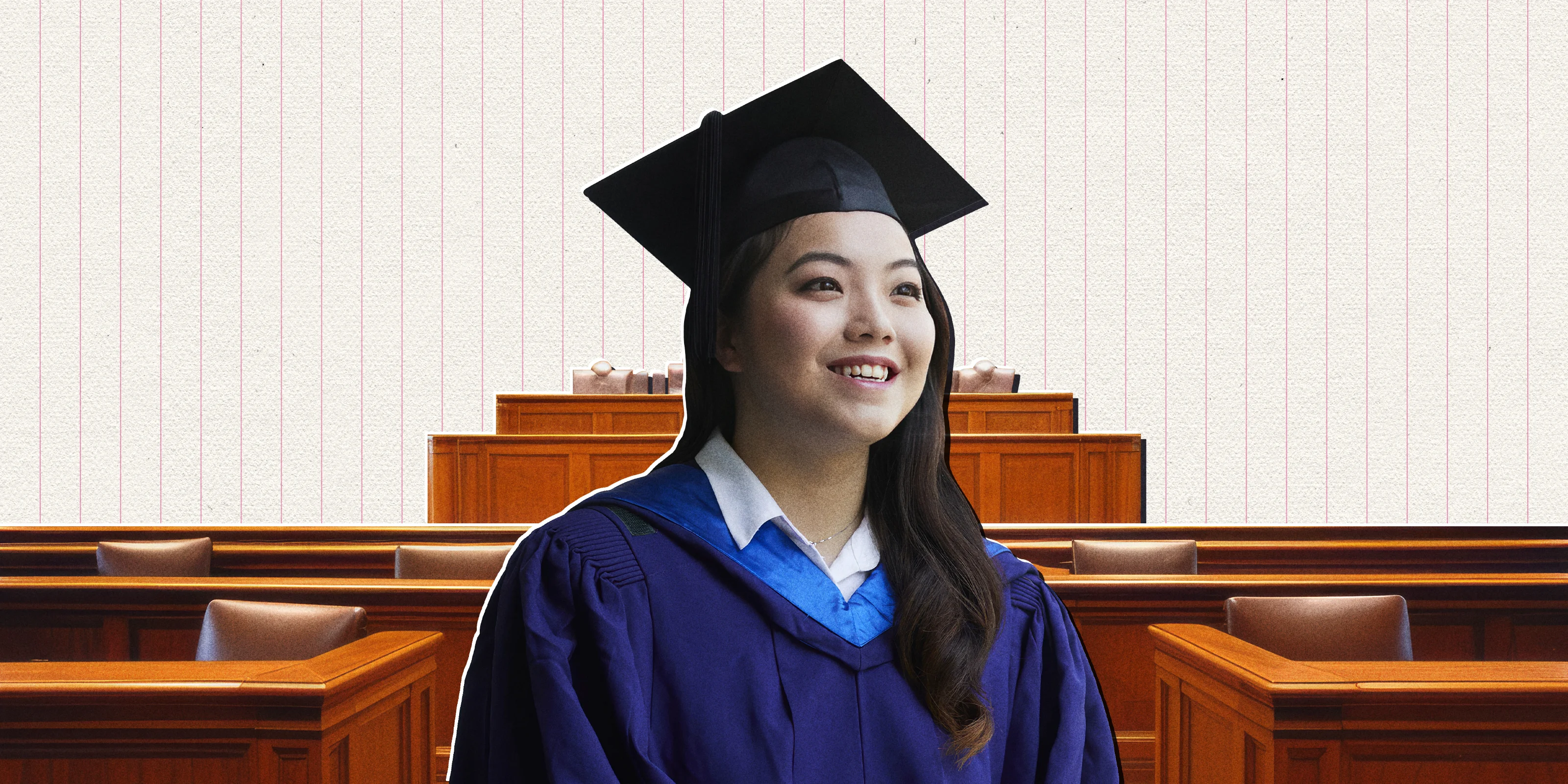
Spaces@BTC, a student group co-founded by Jolene, raised awareness on and provided mental wellness support to law students, and from it sprung a peer support group made up of law students trained by the Health Promotion Board and NUS’ Office of Student Affairs.
“These student initiatives were my way of giving back for all the support I’d received. I’m glad they have helped strengthen the sense of community and care for students,” she said. “Lawyers are officers of the court and I know I am in a unique position to support people, groups and organisations with their legal issues and to further the public good.”
Upon graduating from NUS, Jolene received the prestigious National University of Singapore Society Medal for Outstanding Achievement. She is set to begin a career in international arbitration.
Serving our community
Service learning is a central part of the undergraduate curriculum. One of our most significant initiatives is Teach SG. Piloted in 2021, the programme has empowered NUS students to mentor close to 3,600 children and youths from less privileged backgrounds.8
Beyond the curriculum are many student-led community projects and initiatives. Two flagship events are the NUS Students’ Union Rag & Flag, and NUS Cares.
NUS Students’ Union Rag & Flag
A student-led fundraising event held yearly since 1958.
STUDENT PARTICIPATION
An estimated
4,500
students participate yearly.9

ANNUAL FUNDS RAISED
S$250,000
raised for charities per year.10

TOTAL FUNDS RAISED
> S$8.5 million
raised since 2000.

CHARITY PROGRAMMES FUNDED
22
charity programmes receive funding per year.11

NUS Cares
A University-wide volunteering platform for students, alumni and staff, covering a range of community causes.
BENEFICIARIES
> 5,000
beneficiaries per year.12

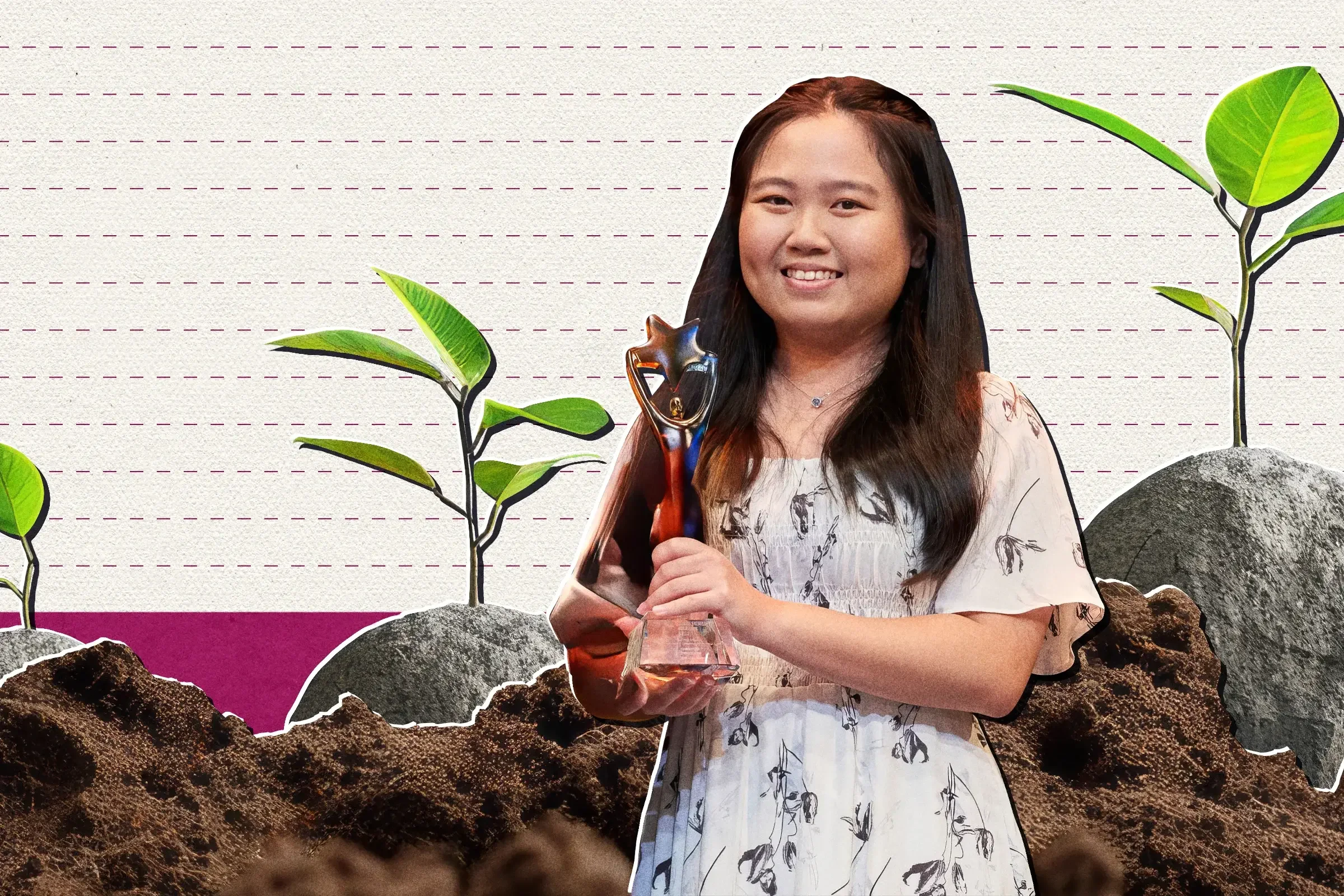
“I see every volunteering opportunity as a new chance to hear one more story and that story can help in understanding more about what we can do to help these individuals.”
Tan Wei Shuang
Faculty of Arts and Social Sciences,
President of NUS Students’ Community Service Club
8
As at December 2023
9
Annual average, Calendar Year 2018–2022
10
Annual average, Calendar Year 2018–2022
11
Annual average, Calendar Year 2018–2022
12
Annual average, Calendar Year 2018–2022
OUR IMPACT, IN DEPTH
Spreading joy through dance
Ask what gets the students of NUS Dance Synergy moving, and the answer is simple: A pure love for the art form, and a desire to uplift communities around them. The members of this contemporary dance group—which was founded in 1978—are animated not merely by practice and performance, but the desire to spread the joy of dance.
Synergy’s outreach and engagement efforts include dance workshops and interactive sessions with elderly and youth groups. A significant initiative is the award-winning Helping Hands, Moving Bodies.
In 2020, Vera Chiew and Shaelyn Lam—who headed engagement and outreach then—decided to leverage existing community efforts to construct a more cohesive programme. At that point, members of Synergy were already heading to the Fei Yue Seniors Activity Centre every week to guide the seniors in simple exercises and choreography.
Under the guidance of their Artistic Director Yarra Illeto, Synergy piloted Helping Hands, Moving Bodies, wherein students learnt theories of body movement and teaching pedagogies, and applied these towards conducting dance workshops for senior citizens. Describing community service as an integral part of Synergy’s culture, Shaelyn said, “As dance shapes the way we think and move, community outreach and engagement shapes Synergy’s place in our community.”
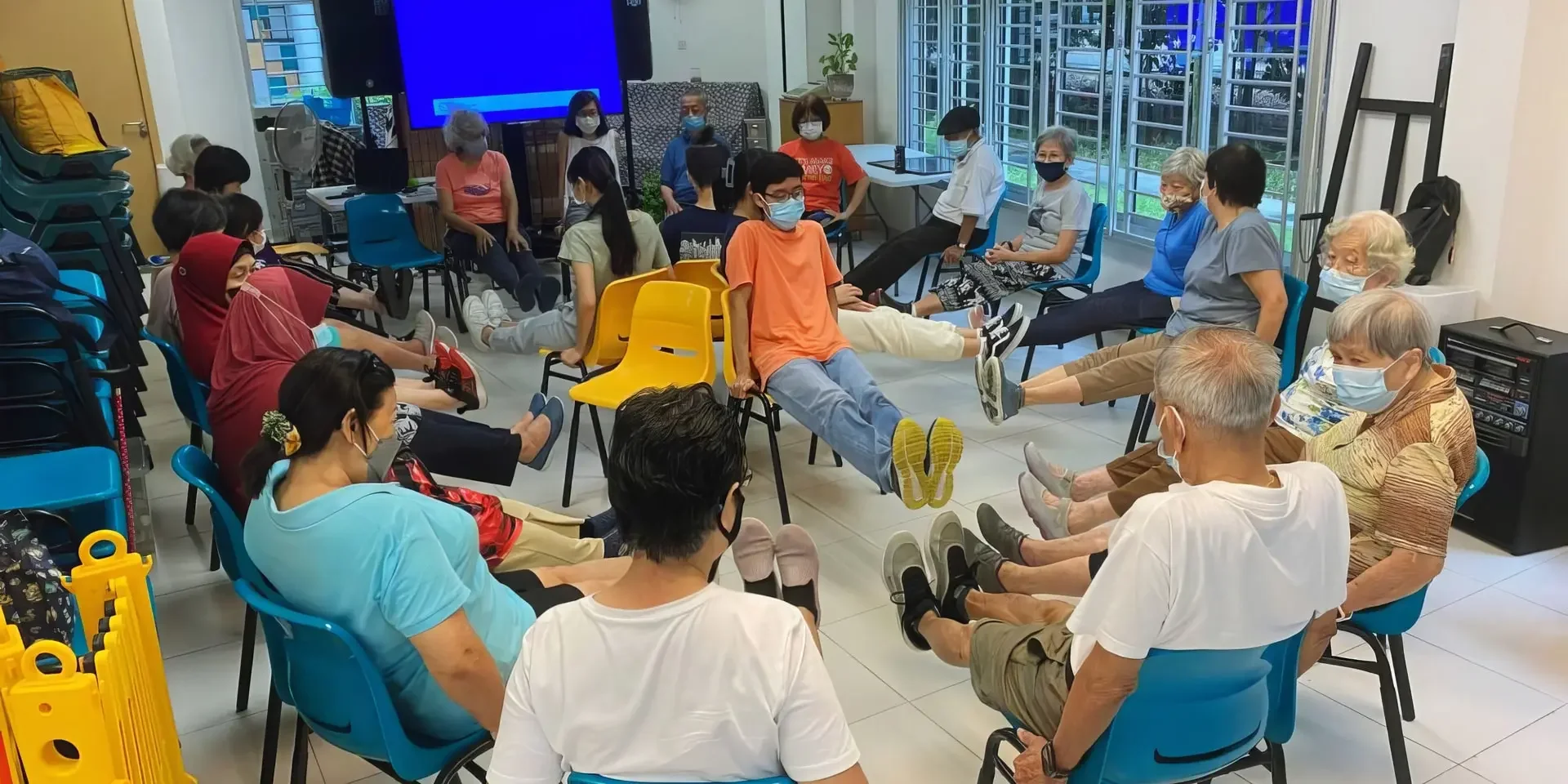
The programme has since evolved through a few different iterations. In 2022, Synergy partnered with NUS’ Alice Lee Centre for Nursing Studies and social agency Lions Befrienders to better understand the physical and cognitive needs of the elderly. The resulting dance programme was rolled out at Lions Befrienders’ various senior activity centres. Expanding, Synergy teamed up with other beneficiaries such as Anglican Senior Centre and NTUC Health Senior Activity Centre the following year. Their efforts netted them Outstanding Community Arts Project of the Year for the third time in a row at the Tan Ean Kiam Arts Awards, this time with a Distinction.
Leong Qian Ning (pictured below, far left), who headed community engagement in 2023, notes their growth to date. “Helping Hands, Moving Bodies has definitely become more refined over the years in terms of its structure and goals,” she said, sharing that the next cycle will see them incorporate the programme into their official curriculum, as well as address the needs of specific subgroups, such as elderly with dementia.
These future plans are fueled by the payback to date—the chance to witness the enjoyment that dance can bring.

“Seeing the seniors having fun and enjoying the workshops honestly makes it so rewarding. Not forgetting the fun I had, working together with my groupmates in brainstorming original choreography. I had a very good time overall.”
—Leong Qian Ning
Community Engagement Head, NUS Dance Synergy
Shaping our country through leadership
Besides serving as leaders in government, NUS alumni have also contributed to Singapore as captains of industry.
LEADERS IN GOVERNMENT
NUS alumni make up
half
of the 14th Singapore Parliament and more than half of the current Cabinet of Singapore.13

LEADERS IN GOVERNMENT
We have nurtured
6
Singapore Presidents and Prime Ministers.14

LEADERS OF INDUSTRY
NUS alumni helm
23 out of the top 100
companies in Singapore by annual revenue.15

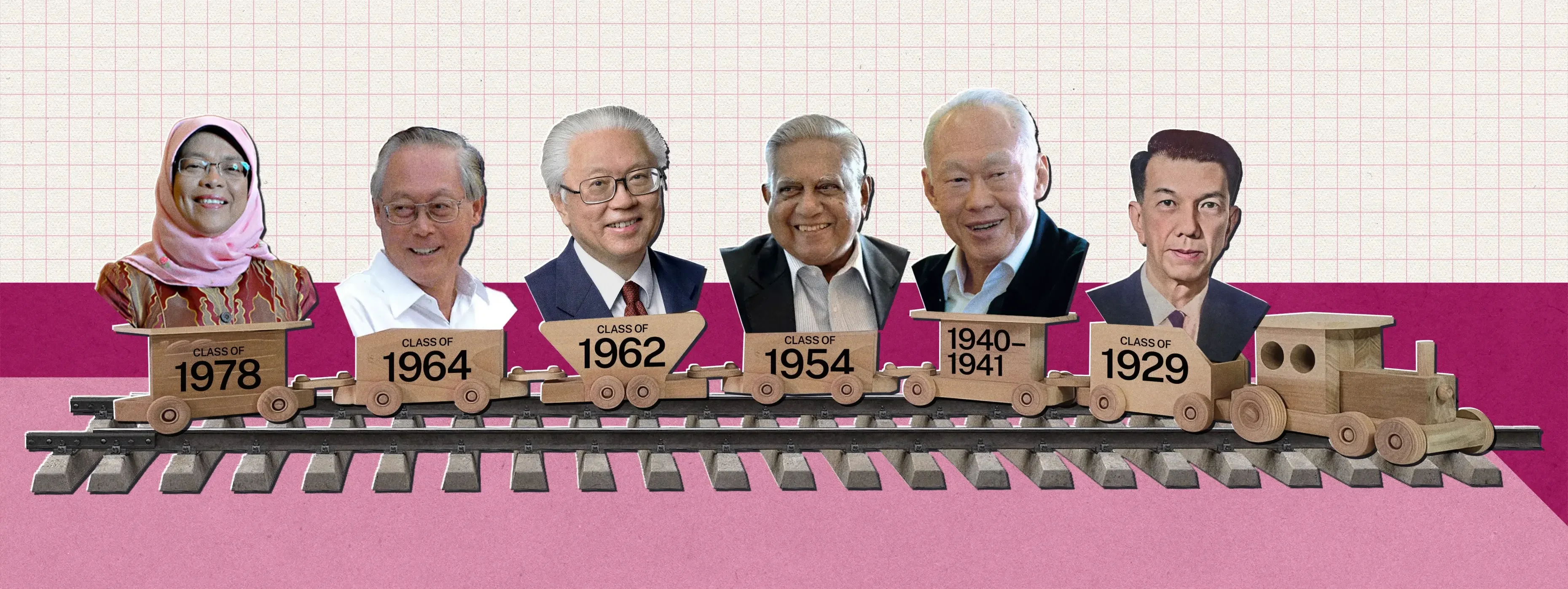
13
Calendar Year 2023
14
(From left)
Madam Halimah Yacob, Class of 1978, Eighth President of Singapore (2017–2023)
Mr Goh Chok Tong, Class of 1964, Second Prime Minister of Singapore (1990–2004)
Dr Tony Tan Keng Yam, Class of 1962, Seventh President of Singapore (2011–2017)
Mr S R Nathan, Class of 1954, Sixth President of Singapore (1999–2011)
Mr Lee Kuan Yew, 1940–1941, Founding Prime Minister of Singapore (1959–1990)
Dr Benjamin Sheares, Class of 1929, Second President of Singapore (1971–1981)
LEADERS OF INDUSTRY
NUS alumni helm
23 out of the top 100
companies in Singapore by annual revenue.15


13
Calendar Year 2023
14
(From left)
Madam Halimah Yacob, Class of 1978, Eighth President of Singapore (2017–2023)
Mr Goh Chok Tong, Class of 1964, Second Prime Minister of Singapore (1990–2004)
Dr Tony Tan Keng Yam, Class of 1962, Seventh President of Singapore (2011–2017)
Mr S R Nathan, Class of 1954, Sixth President of Singapore (1999–2011)
Mr Lee Kuan Yew, 1940–1941, Founding Prime Minister of Singapore (1959–1990)
Dr Benjamin Sheares, Class of 1929, Second President of Singapore (1971–1981)15
100 companies as ranked by market intelligence platform S&P Global in Financial Year 2023
15
100 companies as ranked by market intelligence platform S&P Global in Financial Year 2023

